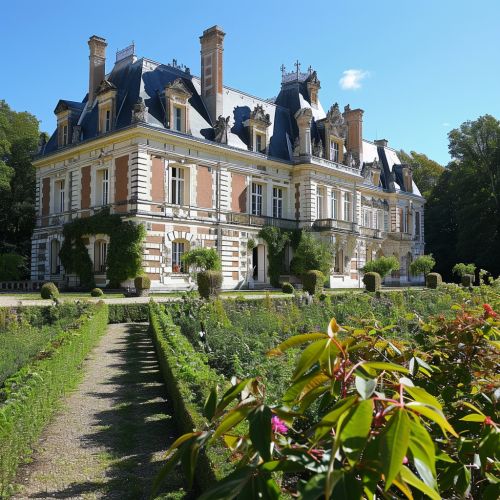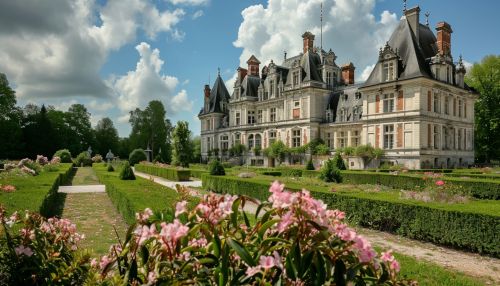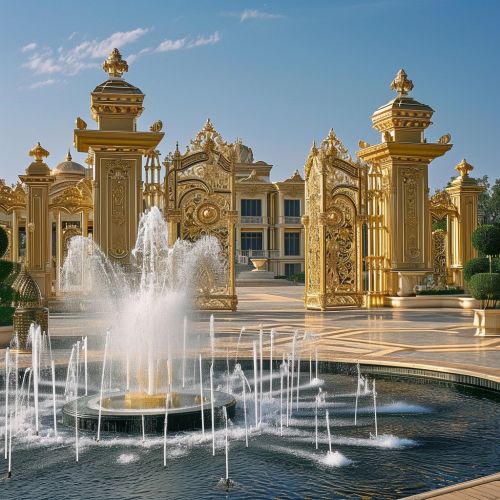Louis XIV
Early Life
Louis XIV, also known as Louis the Great (Louis le Grand) or the Sun King (Le Roi Soleil), was born on September 5, 1638, in the royal Château de Saint-Germain-en-Laye. He was the son of Louis XIII and Anne of Austria. He was named Louis Dieudonné (Louis the God-given) and bore the traditional title of French heirs apparent: Dauphin.


Ascension to the Throne
Upon the death of his father in 1643, Louis XIV ascended to the throne. However, due to his young age, his mother, Anne of Austria, served as regent, assisted by Louis XIII's chief minister, Cardinal Jules Mazarin. During this period, known as the Fronde, the young king faced a series of rebellions from nobles and members of the Parlement of Paris.
Personal Rule and Absolutism
In 1661, following the death of his chief minister, Cardinal Mazarin, Louis XIV took personal control of the government. He established an absolute monarchy, centralizing power in the monarchy and diminishing the influence of the nobility and the Parlement of Paris. His reign is often associated with the concept of the divine right of kings, and he is known for his quote, "L'État, c'est moi" ("I am the state").
Palace of Versailles
One of Louis XIV's most famous achievements is the construction of the Palace of Versailles. Originally a hunting lodge, Louis transformed it into a lavish palace, which became the symbol of his absolute monarchy. It served as the political capital and the cultural center of France, where Louis entertained the nobles and kept them under his watchful eye.


Wars of Louis XIV
Louis XIV's reign was marked by a series of wars, including the War of Devolution, the Franco-Dutch War, the War of the League of Augsburg, and the War of the Spanish Succession. These wars, often referred to as the Wars of Louis XIV, were aimed at expanding French territories and asserting French dominance in Europe.
Legacy
Louis XIV's reign had a profound impact on France and Europe. His centralization of power and establishment of an absolute monarchy set the stage for the French Revolution. His patronage of the arts led to a cultural golden age in France, with the establishment of the Royal Academy of Painting and Sculpture, the Royal Academy of Music, and the French Academy in Rome.
